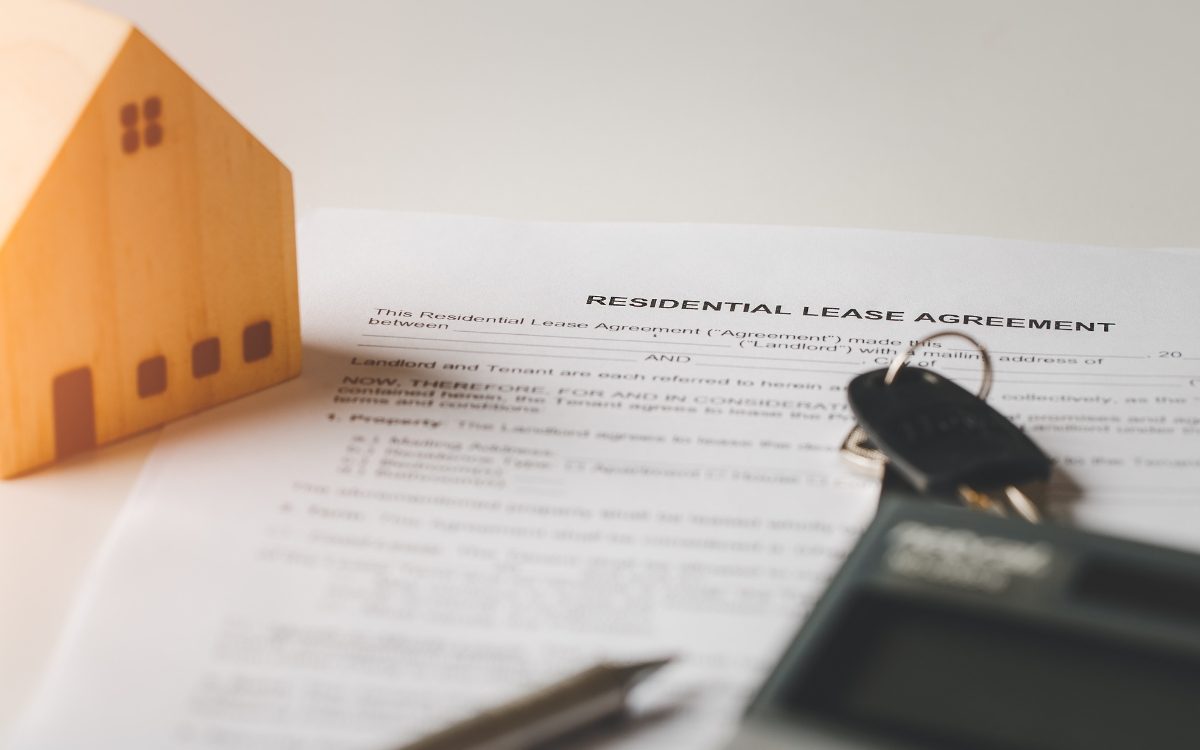CA Study to Remove "Landlord" and "Tenant" from Rental Housing Industry

by Chris Tipton | January 8, 2024
In a significant move towards standardizing language in California's statutes, the California Law Revision Commission (CLRC) has launched its study to establish consistent terminology across various legal frameworks related to residential property rental agreements. Driven by the signing of AB2503, also known as Garcia's bill, in the fall of 2022, this legislation is designed to assess real property terminology and reevaluate the language used in the rental housing industry.
Research shows that in the past 160 years, California’s changes in law surrounding the rental housing industry have created 25 different words used to describe the parties involved in an such an agreement. Introduced in a staff memorandum available on the CLRC's website, this study aims to evaluate and standardize the various terminology used to describe these parties. AB 2503 also directs the CLRC to consider whether the terms "landlord" and "tenant" are outdated and ought to be replaced. The term "landlord" has its roots in the law of medieval England. The Merriam-Webster Dictionary states that its first known use dates from before the 12th Century. The term "tenant" dates from the 14th Century in English, but its roots go back much further, to the Latin "tenēre" ("to hold"). However, modernly, these terms are tinged with certain economic and race-/class-based connotations. In kicking off the new study, the Commission has extended an invitation to rental housing organizations, including EBRHA, to offer comments and actively participate.
This initiative is significant, considering its potential to redefine how parties involved in rental agreements are described and continue towards an equal partnership throughout. The East Bay Rental Housing Association stands at the forefront, expressing its eagerness to actively participate and provide valuable feedback on this pivotal study. EBRHA, a key player in the East Bay rental housing landscape, is poised to contribute insights and feedback to shape the outcomes.
Outdated terms such as "landlord" and "tenant" are finally being reconsidered, with alternatives like "Housing Provider/Property Owner" and "Renter/Resident" in their place. This shift is not merely a matter of semantics; it reflects a broader effort to foster respectful and harmonious discourse within the rental housing landscape.
While many officials have embraced the shift towards inclusive language, resistance persists, particularly from renter advocacy groups looking to create a divide between the two parties in order to benefit their cause. Rather than use words that describe a equitable business relationship, "Landlord" is often brazenly used as a dirty word to describe property owners. The debate surrounding these linguistic changes underscores the complexities involved in balancing the interests of property owners and renters.
By actively participating in the CLRC's terminology study, EBRHA aims to navigate these challenges and encourage the incorporation of new balanced and fair terminology. The association recognizes the importance of fostering open dialogue and collaboration to address concerns from all stakeholders involved in rental housing.
The ongoing linguistic evolution in the rental housing sector draws parallels with language changes in other real estate domains. For instance, the replacement of terms like "master bedroom" with "primary bedroom" in the real estate industry serves as a precedent for embracing progressive language.
This precedent suggests that linguistic changes are not only feasible but also essential for reflecting the evolving societal values and norms. As the CLRC's terminology study unfolds, the active participation of organizations like the East Bay Rental Housing Association becomes pivotal in shaping the future discourse of rental housing in California. By adopting a forward-thinking approach to language in rental housing discussions, stakeholders can contribute to a more inclusive and respectful environment for both property owners and renters.
